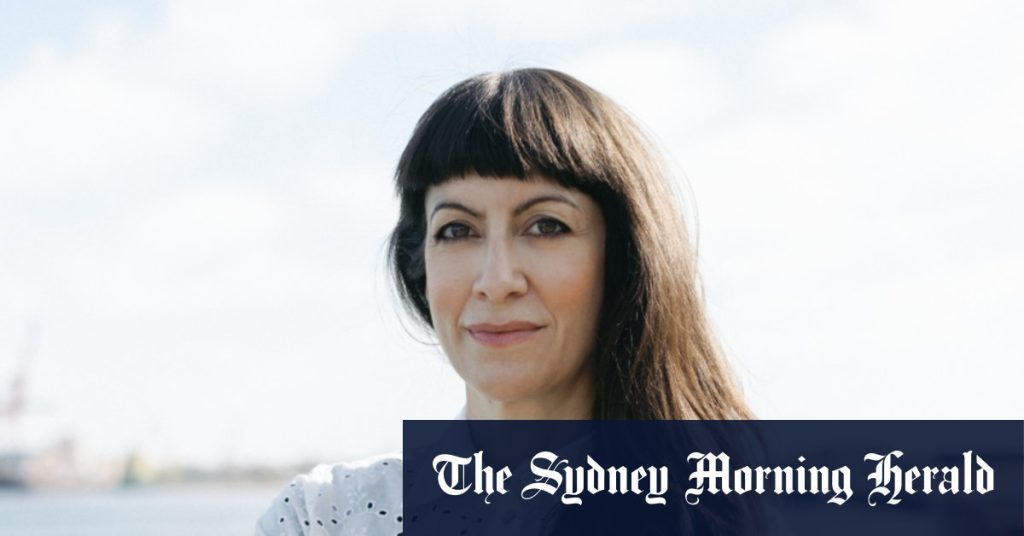The political landscape in Western Australia is heating up as the state election approaches, with the emergence of independent candidates challenging established party strongholds. Simone McGurk, the incumbent Labor Water Minister, is facing an unexpected challenge in the historically safe seat of Fremantle from community independent, Kate Hulett. Hulett’s candidacy marks a strategic shift for the teal independent movement, which previously focused on traditionally Liberal-held seats in the western suburbs. Fremantle, held by Labor for nearly a century with a brief interruption by a Greens-turned-independent candidate, presents a new testing ground for the movement’s growing influence. Hulett’s campaign emphasizes local issues and community engagement, aiming to resonate with voters who may be seeking an alternative to traditional party politics.
Hulett’s entry into the Fremantle race underscores a broader trend of independent candidates emerging across the state. Her candidacy joins those of Lisa Thornton in Churchlands, Rosemarie de Vries in Nedlands, and Rachel Horncastle in Cottesloe, each vying to unseat established party representatives. These independents, largely backed by the Climate 200 funding vehicle, are campaigning on platforms of climate action, political integrity, and gender equality, reflecting a national shift in voter priorities. Their emergence signals a growing appetite for alternative political voices, potentially disrupting the traditional two-party dominance and injecting fresh perspectives into the state’s political discourse.
Hulett’s campaign strategy highlights both local concerns and the state government’s achievements. She acknowledges the government’s efforts on environmental issues, such as the coal-fired power station retirement plan, renewable energy investments, and the native logging ban, while simultaneously emphasizing her commitment to local community needs. She points to the government’s investment in infrastructure projects within Fremantle, including a new police station, traffic bridge, hospital upgrades, and school improvements, as evidence of her responsiveness to local concerns. This dual approach aims to position Hulett as both a champion for local interests and a supporter of broader progressive policies.
However, Hulett’s campaign faces the significant challenge of unseating a well-established incumbent in a traditionally safe Labor seat. McGurk has held the seat since 2013, boasting a substantial margin. Overcoming this incumbency advantage will require Hulett to effectively connect with voters and present a compelling case for change. While the teal independent movement has gained momentum nationally, its success in Fremantle will depend on Hulett’s ability to mobilize local support and convince voters that she offers a viable alternative to the established Labor representation.
The emergence of independent candidates like Hulett introduces an element of unpredictability into the upcoming state election. Their campaigns, fueled by Climate 200 funding and focused on progressive issues, have the potential to reshape the political landscape. While the teal movement’s initial focus was on traditionally Liberal-held seats, its expansion into Labor territories like Fremantle poses a new challenge for the incumbent party. The success or failure of these independent campaigns will be a key indicator of the evolving voter sentiment and the potential for alternative political forces to gain traction in Western Australia.
The upcoming state election in Western Australia promises to be a closely watched contest, as the rise of independent candidates introduces a new dynamic to the political scene. Hulett’s challenge to McGurk in Fremantle represents a significant test for both the teal independent movement and the established Labor party. The outcome of this race, and the broader success of independent candidates across the state, will offer valuable insights into the shifting political landscape and the growing influence of alternative political voices. The election results will not only determine the composition of the state parliament but also signal the direction of Western Australian politics in the years to come.

